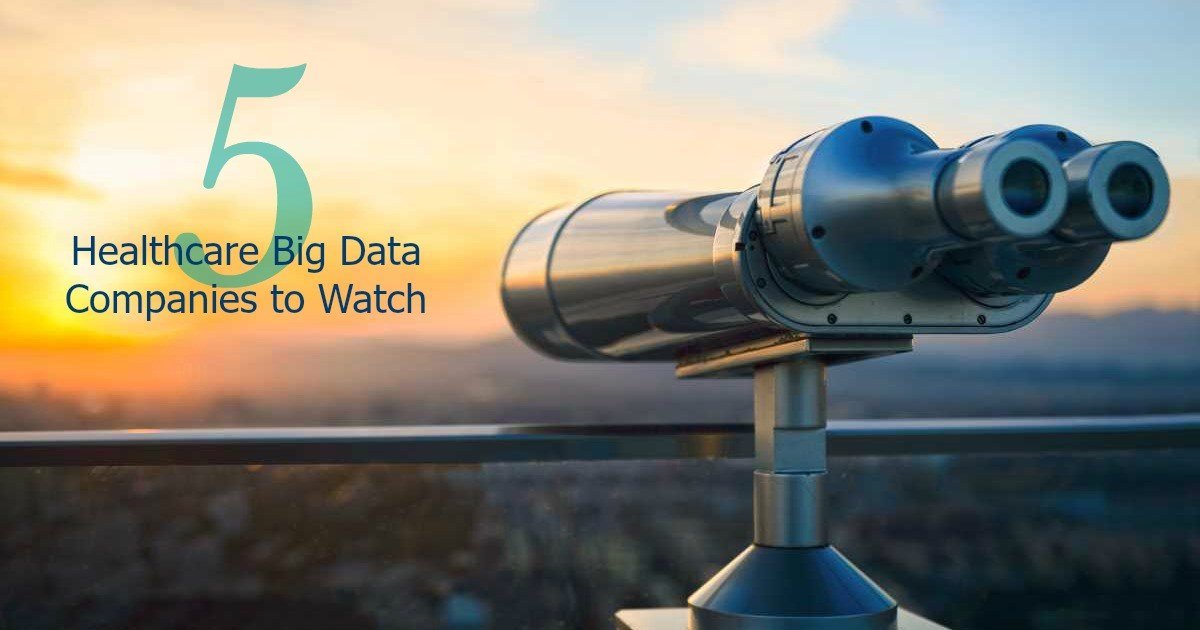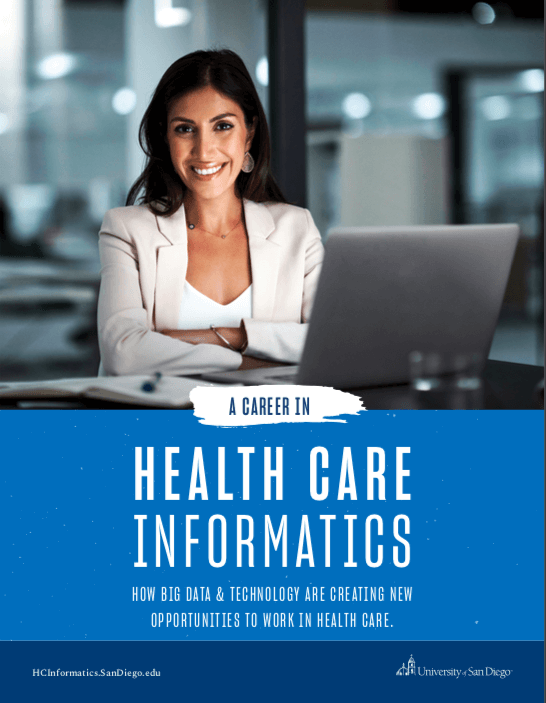Health care big data is changing the face of medicine, and the technologies powered by big data – machine learning, artificial intelligence and more – are also leaving their mark. Electronic health care record data combined with the ability to share, collect and analyze information across multiple sources — thanks to the cloud — has opened the door to enormous possibilities for advancing medicine, patient care, and the delivery of care. As a result, a number of companies are capitalizing on the big data revolution in order to improve human health around the world.
Here are 5 innovative health care big data companies to watch:
Flatiron Health
Flatiron Health is using big data and its cloud-based software platform to help hospitals, researchers and physicians around the country fight cancer. The NYC-based startup was founded in 2012 with its initial efforts designed to “further bolster its oncology cloud software platform for providers and accelerate personalized medicine,” according to a Flatiron Health press release. Their most recent innovation is known as Flatiron Assist, a new clinical decision support, and pathways tool. The features – as reported in Oncology Live – should help cancer researchers in their work: The system pulls available demographics, diagnosis, and cancer-specific data from the electronic record and provides therapy options based on National Comprehensive Cancer Network guidelines and practice preferences. It also identifies clinical trials that might match the patient’s needs.
Embleema
Blockchain data has made Bitcoin a relevant currency around the world, but now, blockchain is also helping drive innovation in the health care sector. Founded in 2017, Embleema got its start using big data to aid in drug discovery. Most recently, they have launched a HIPAA-compliant health care blockchain network, which will add a new level of security for patients when accessing or sharing their medical records. The most interesting part of this new network, however, is that it lets patients monetize their health history. A Healthcare Weekly article reports “the new solution helps patients consolidate their data and even profit from sharing it with different entities such as drug researchers, marketing agencies, etc. Patients using the platform can be paid in cryptocurrency in exchange for sharing their medical data with researchers.”
K Health
K Health, which is also known simply as K, is a free health care app that consumers can download and use on their cell phones. With the K app, users get an AI-driven telehealth experience – they describe their symptoms and other biomarkers; then the app’s algorithm generates likely diagnosis and suggests potential treatments and other symptoms to watch for. While K’s telehealth solutions attracted widespread use during the COVID-19 outbreak, it is their groundbreaking data sharing efforts that are helping drive further innovation in the industry.
The app is essentially a hand-held electronic health record, advice nurse and physician referral service all in one. It collects robust medical history and data about chronic conditions and, with user approval, anonymously stores, aggregates and analyzes data from all of its users (or patients as they call them). Using the insights generated by artificial intelligence, K can then share health tips or insights based on what has worked for other patients with similar symptoms or conditions. While this sounds like the features of many health mobile apps, the most groundbreaking feature of the K Health app is that it automatically prompts users to connect with medical specialists in their area who treat their symptoms.
Hu-manity.co
Hu-manity.co, based in New Jersey, is another company trying to help people profit off of their most valuable asset – their data. Humanity has made it their mission to create the 31st human right, which would allow people to sell their personal medical data. With the Hu-manity.co platform, which uses proprietary technology and blockchain data, users can sell their data directly. The company’s latest innovation, outlined in Healthcare Weekly, is a new mobile app that will allow users to create their own medical profile searchable by pharma researchers looking for specific people to participate in studies or medical trials. The platform allows users to be paid for their data and participation directly within the app.
Prognos Health
The Prognos Registry is the largest integrated database of multi-sourced clinical diagnostics data, with 19 billion records for 185 million patients, which is currently helping 25 life sciences brands to find and convert appropriate patients to assist them in their research and development. The Prognos mission is to use their troves of patient data to understand the cause and trajectory of a patient journey, thereby enabling them to intervene more quickly and deliver more positive patient outcomes. Using their own data, Prognos has developed an artificial intelligence platform that can help “early prediction of disease onset, plot therapy needs, present clinical trial opportunities, reveal care gaps, and indicate risk” for more than 30 diseases.
These are just a few of the many examples of companies leveraging health informatics and healthcare data to create innovative new services, as well as fuel job growth in this industry. The Bureau of Labor and Statistics estimates that the health informatics job market will grow 15% between 2014 and 2024, as companies seek out professionals with the right combination of experience and education who can leverage big data to help improve patient care.
To help prepare qualified individuals to fill these roles, the University of San Diego’s Master of Science in Health Care Informatics program is continually updating its curriculum so that students can learn the most relevant, up-to-date skills needed by employers. For example, students now have the option to select specialized coursework in health data analytics, and can also choose whether to attend classes on campus or online. Courses such as machine learning applications in healthcare, data structures and terminologies, and system analysis and design are particularly valuable in preparing students for exciting new roles with companies such as the ones outlined above.


